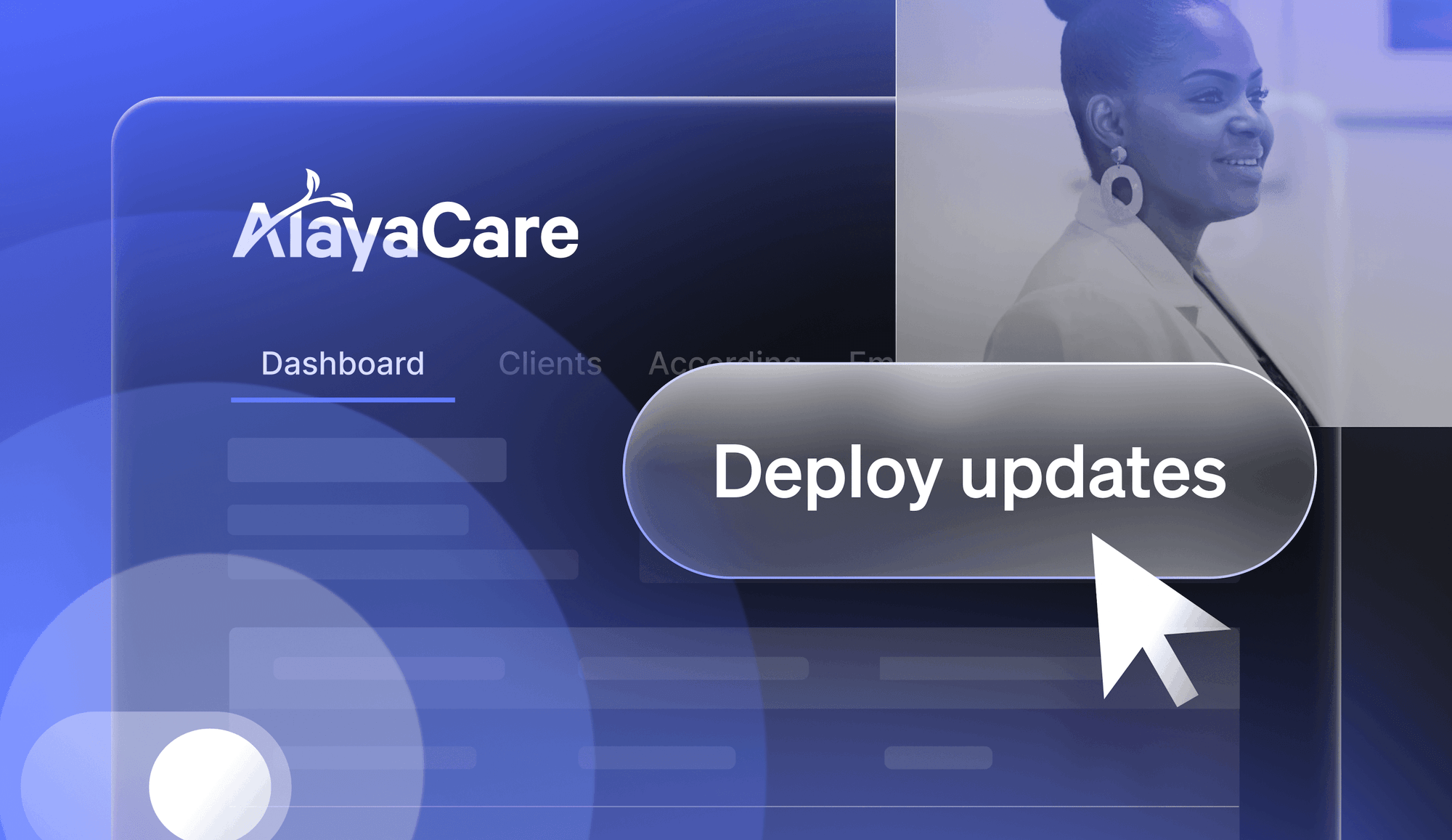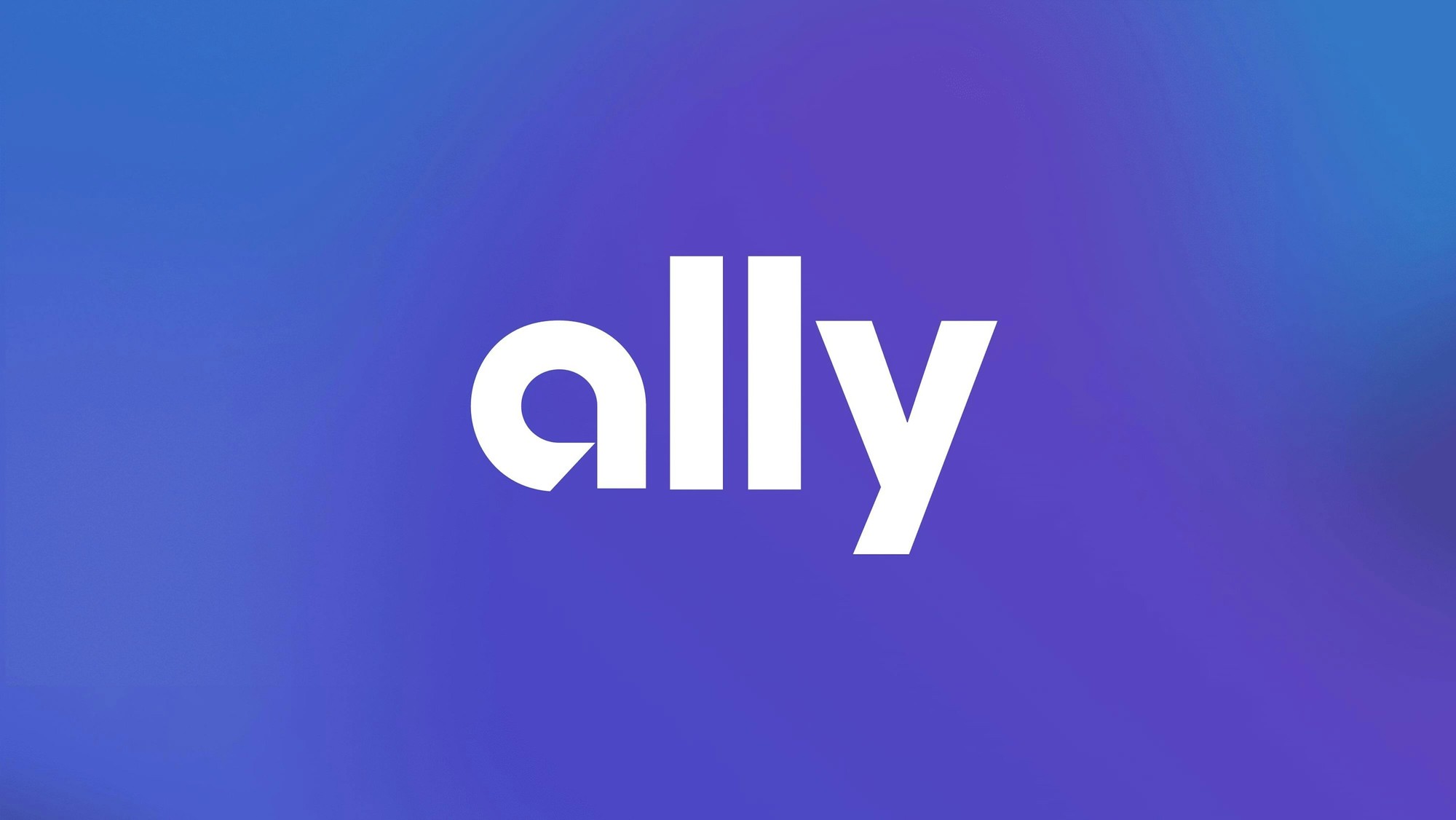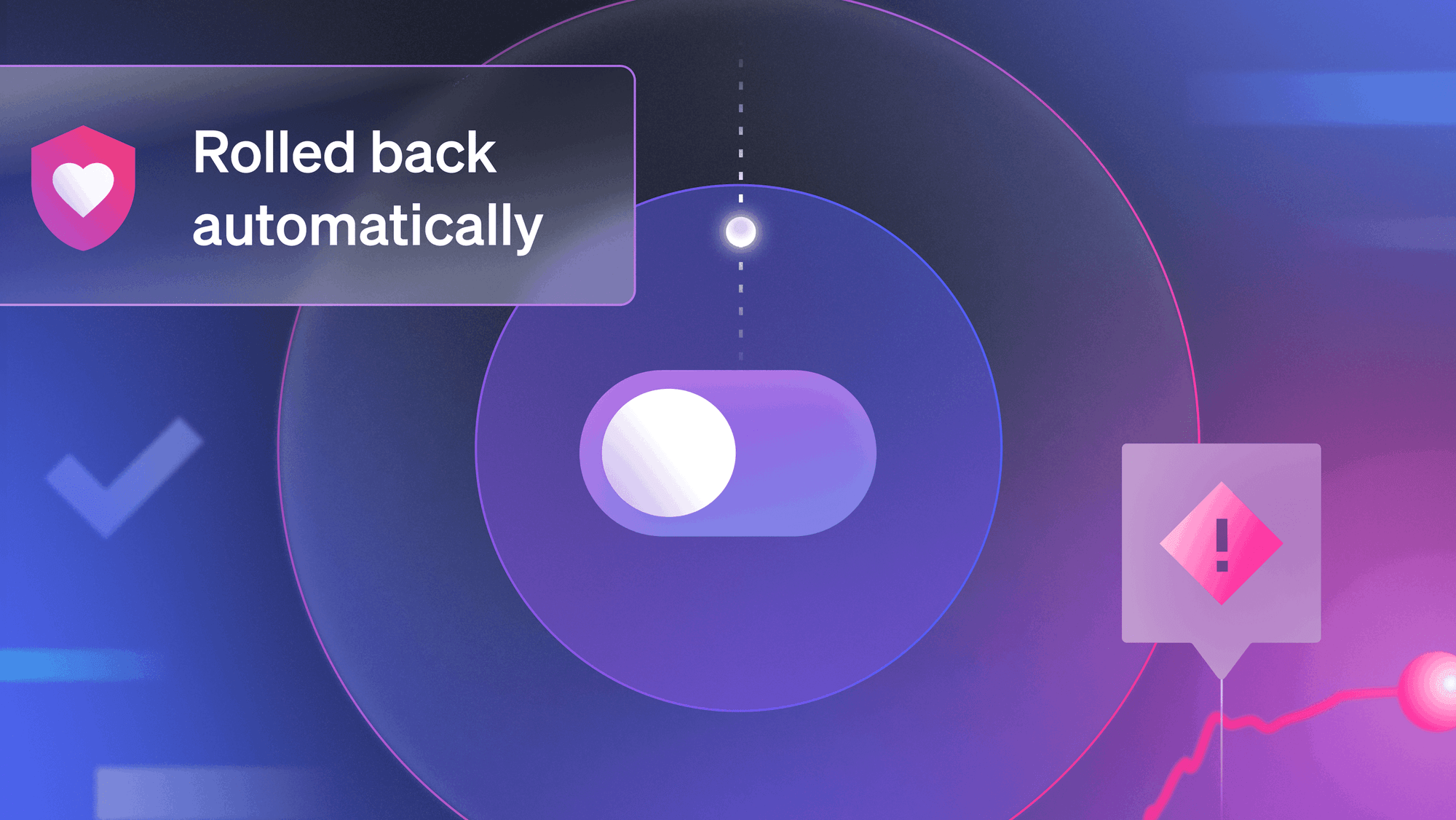In Go, the panic function behaves somewhat like an unrecoverable exception: panic propagates up the call stack until it reaches the topmost function in the current goroutine, at which point the program crashes.
This is reasonable behavior in some environments, but programs that are structured as asynchronous handler functions (like daemons and servers) need to continue processing requests even if individual handlers panic. This is what recover is for, and if you inspect the source, you'll see that Go's built-in HTTP server package recovers from panics for you, meaning that bugs in your handler code will never take down your entire HTTP server.
Unless, of course, your handler code spawns a goroutine that panics. Then your server is screwed. Let's demonstrate with a trivial example:
package main
import (
"io"
"net/http"
)
func hello(w http.ResponseWriter, r *http.Request) {
panic("hi")
}
func main() {
http.HandleFunc("/", hello)
http.ListenAndServe(":8000", nil)
}This server will happily chug along, panicking every time the root resource is hit, but never crashing.
But if hello panics in a goroutine, the entire server goes down:
func hello(w http.ResponseWriter, r *http.Request) {
go panic("hi")
}In our web services, we can never really trust a naked use of go. We wrap all our goroutine creation in a utility function we call GoSafely:
import (
"github.com/launchdarkly/foundation/logger"
"runtime"
)
func GoSafely(fn func()) {
go func() {
defer func() {
if err := recover(); err != nil {
stack := make([]byte, 1024*8)
stack = stack[:runtime.Stack(stack, false)]
f := "PANIC: %s\n%s"
logger.Logger.Error().Printf(f, err, stack)
}
}()
fn()
}()
}Here's how we use it:
func hello(w http.ResponseWriter, r *http.Request) {
GoSafely(func() {
panic("hi")
});
}Not as syntactically sweet as a naked go routine, but it does the trick. The unfortunate thing (which we don't really have a solution for) is that any third-party code that spawns a go routine could potentially panic-- and we have no way of protecting ourselves from that.





.png)








